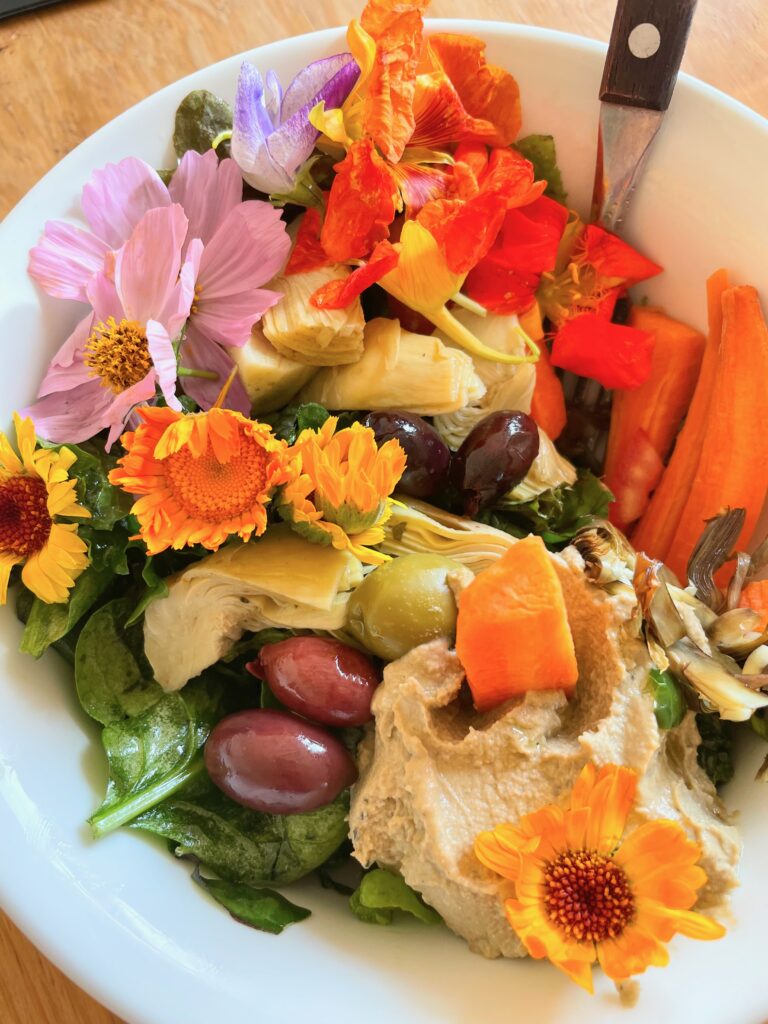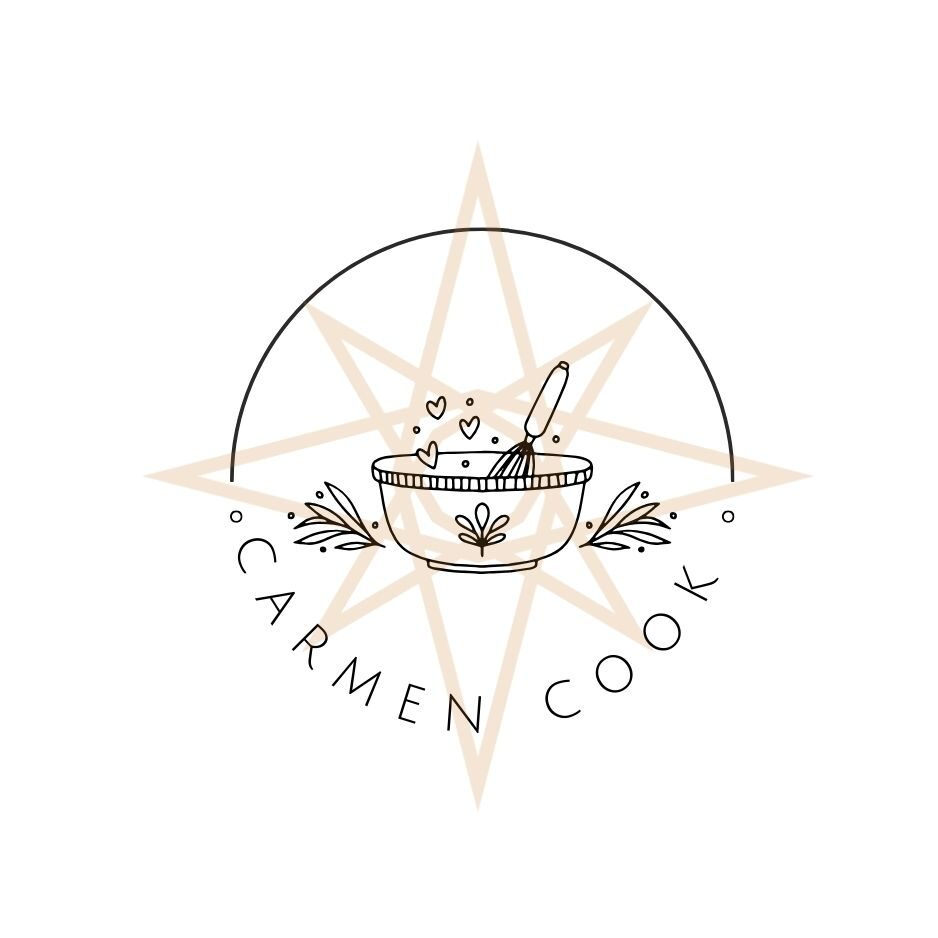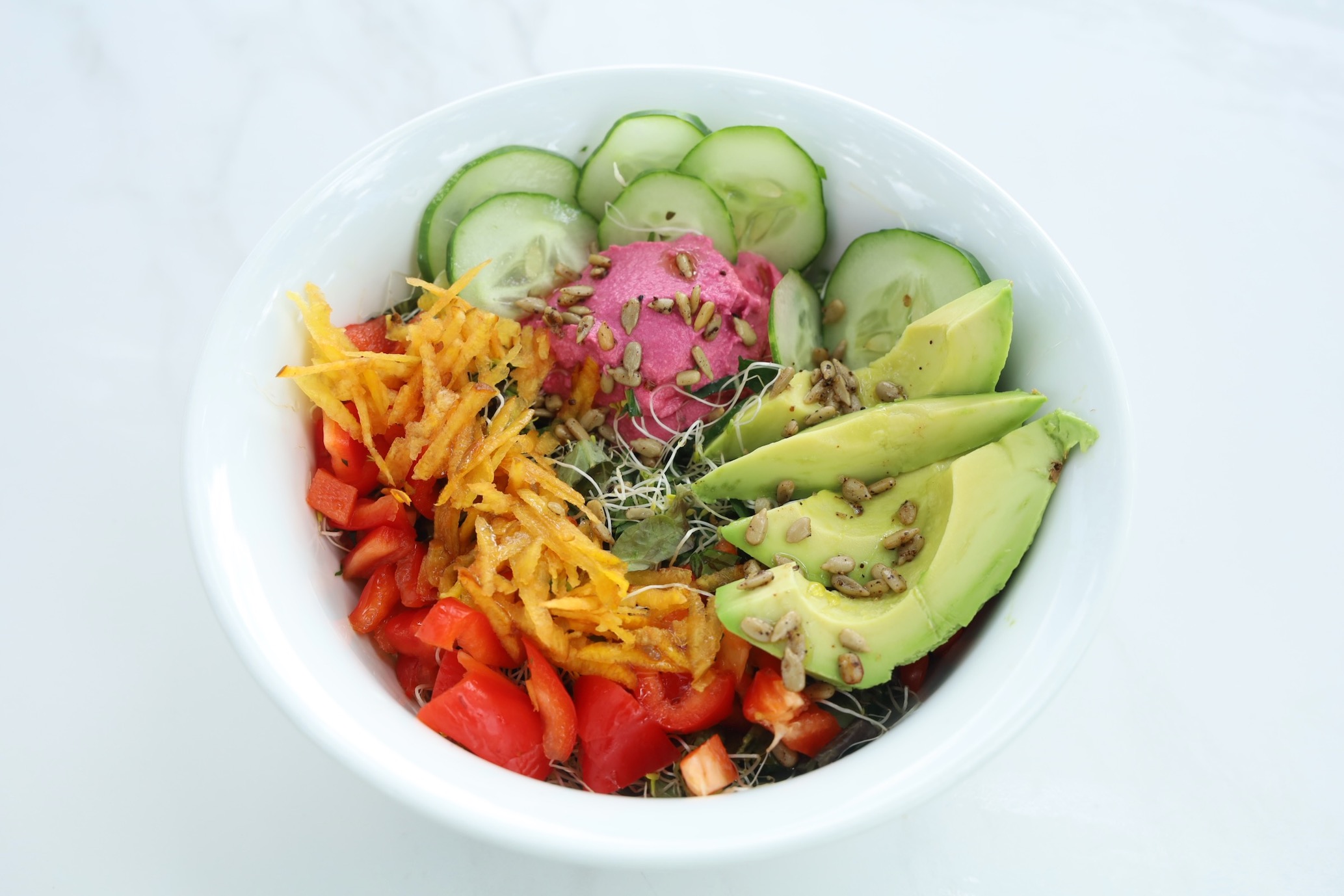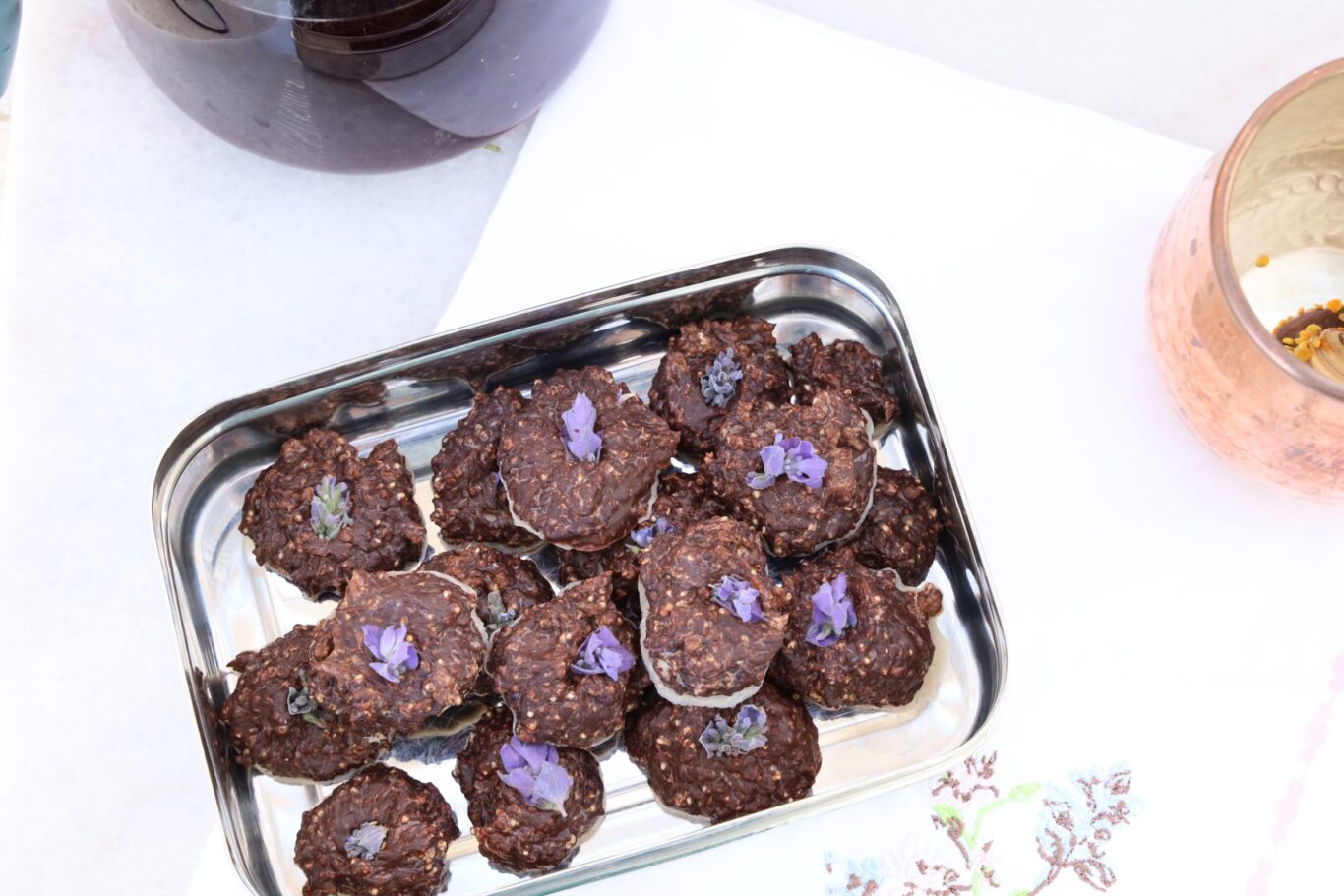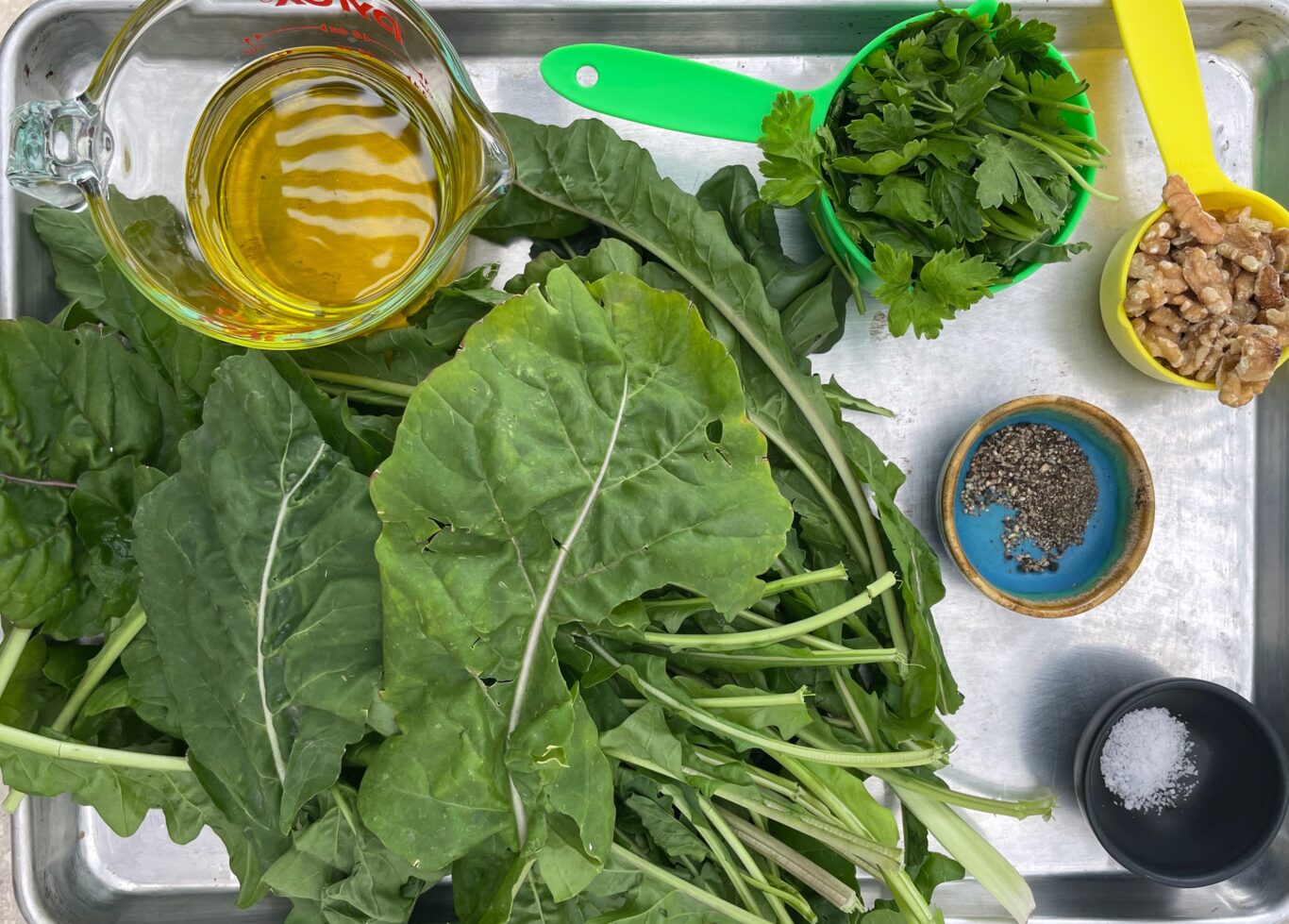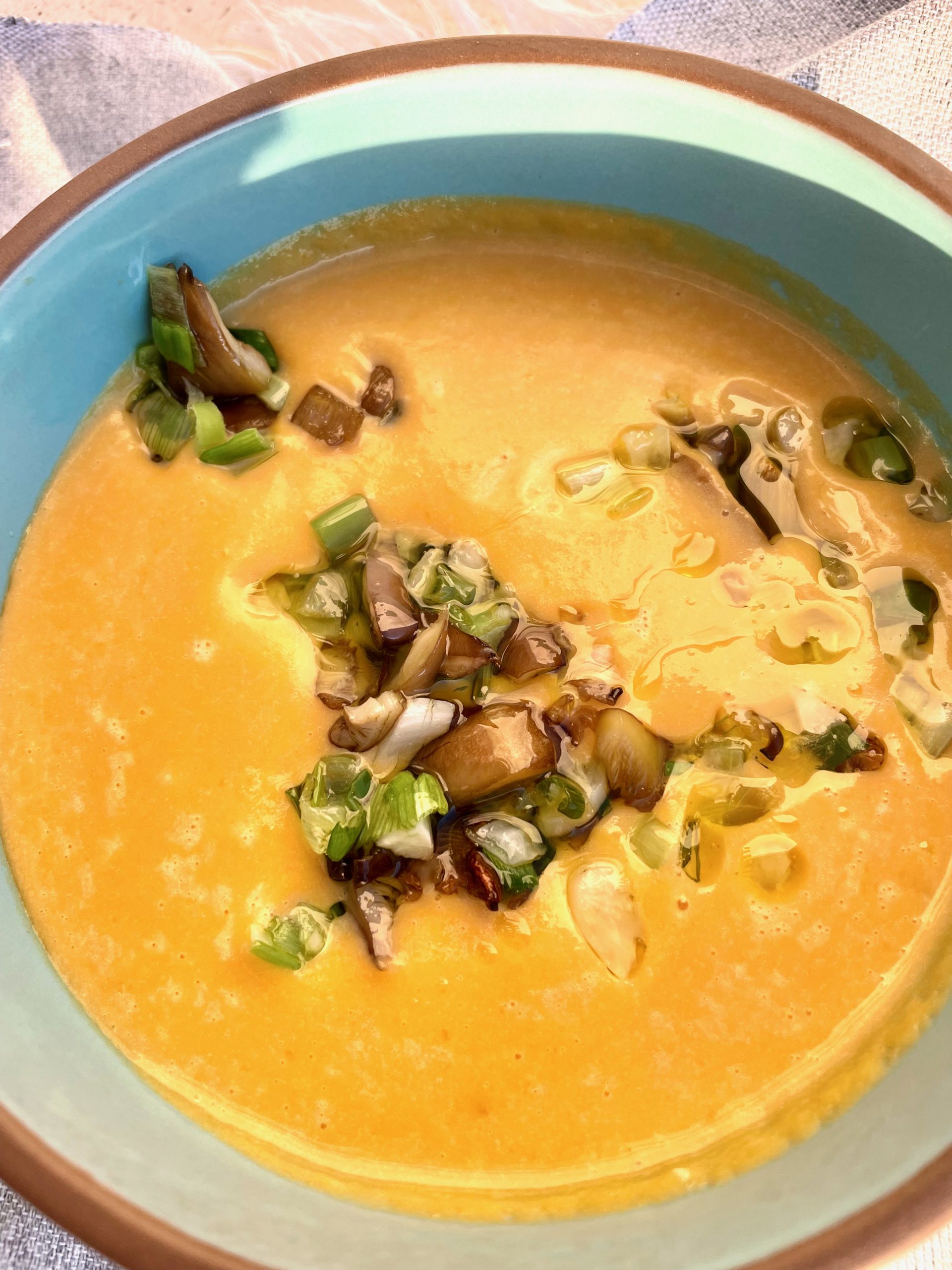Title: Elevating Your Salad Experience: Why Quality Matters and Inspired Recipes to Try
Have you ever found yourself disappointed by the lackluster salads served in many restaurants? It’s a common frustration shared by salad enthusiasts everywhere. Picture this: you eagerly order a promising arugula salad with peaches and sunflower seeds, only to receive a bowl filled with wilted lettuce, a sprinkle of kale leaves, and sunflower seeds that lack that desirable crunch. To add insult to injury, not a trace of arugula in sight. It’s a culinary letdown that leaves you feeling personally affronted, especially when it occurs in a reputable café.
In such situations, you might generously give the establishment a chance to redeem itself, hoping for a fresh, flavorful replacement. Yet, much to your dismay, what returns to your table is a mere replica of the disappointing original – a mishmash of poorly mixed greens, with a token inclusion of arugula. The prospect of sending back food is embarrassing, but faced with a salad overrun by subpar ingredients and even traces of dirt and grass, it’s hard to muster the will to eat it.
The perplexing reality is that salads, in essence, should be one of the simplest dishes to prepare. With a vibrant array of fresh, organic vegetables at our disposal, creating a delicious salad should be a culinary delight, not a source of disappointment. And yet, time and again, cafes and restaurants fall short, churning out uninspired, lackluster creations that fail to satisfy.
But fear not, for there is hope! It’s time to take matters into your own hands and elevate your salad experience. Below, I’ve curated a selection of tantalizing salad recipes to inspire your culinary adventures. Keep in mind that these recipes are meant to be flexible – feel free to adjust ingredient quantities to suit your taste preferences.
Salads offer a unique opportunity to incorporate a modest amount of animal products without making them the focal point of the meal. By striking a balance between plant-based goodness and animal proteins or fats, you can enjoy a wholesome, satisfying dish that nourishes both body and soul.
Consider starting your day with a hearty breakfast salad, perhaps topped with a perfectly poached egg or a dollop of creamy guacamole. Not only does this provide your brain with the high-fiber carbohydrates it craves after a night’s fast, but it also supplies protein or healthy fats to sustain stable blood sugar levels until your next meal. Take, for instance, the Rainbow Carrot Salad – even without animal products, it’s a nutritional powerhouse capable of fueling you for hours on end.
So, the next time you find yourself disappointed by yet another lackluster salad, remember: you have the power to create culinary magic in your own kitchen. With a dash of creativity and a bounty of fresh ingredients, the possibilities are endless. Let’s turn over a new leaf and rediscover the joy of salads done right.
Rainbow Carrot Salad
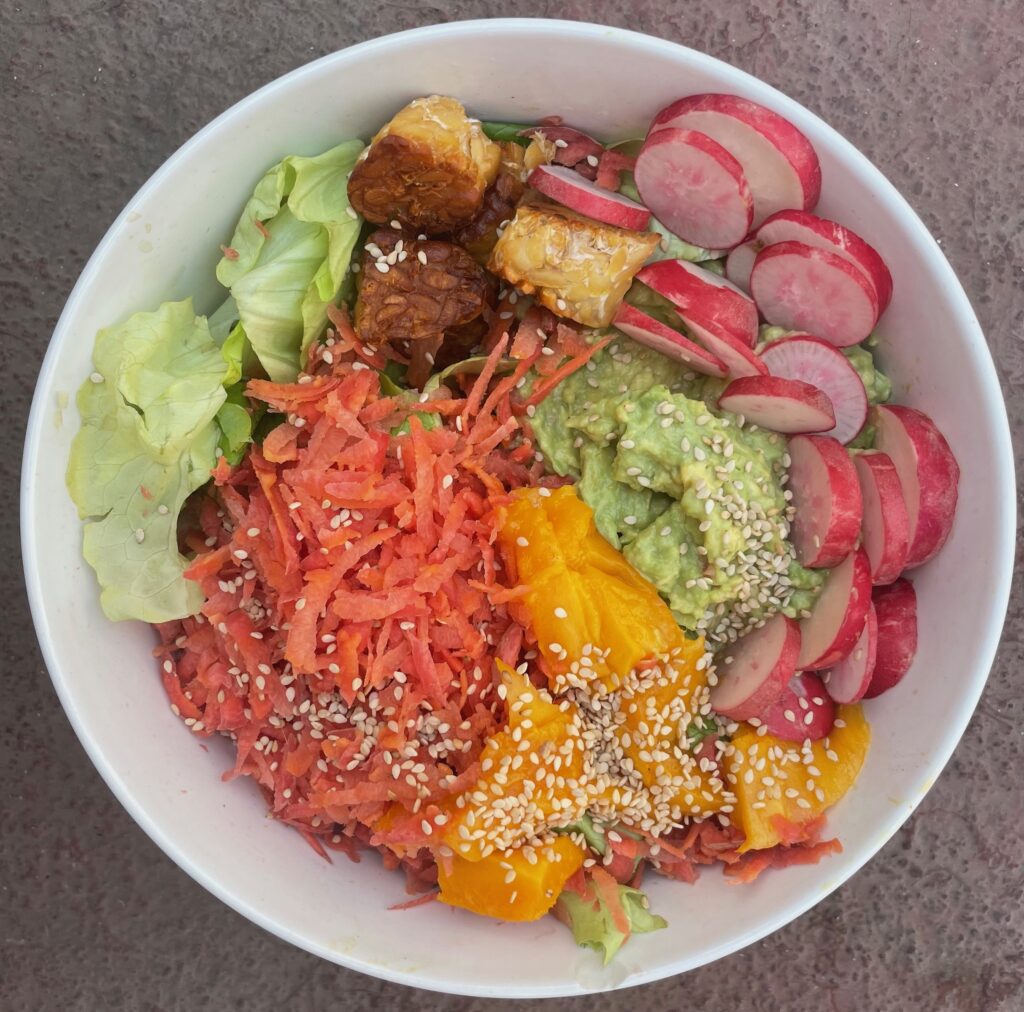
Ingredients:
1 large bowl of hydroponic lettuce
1 large red or rainbow carrot
guacamole from 2 small avocados (lime, salt, garlic)
2 radishes
1-2 mangos
Fried tempeh or add 2 soft boiled eggs for the majority of your B12 needs in a day
Sprinkle of sesame seeds
Beet Hummus Salad Topped with Caramelized Onion and Lamb
If you are a nursing mother, this is the salad for you. You will chow down on this so hard…likewise if you are a highly active person or you need a large amount of calories and nutrients, this dish surprisingly slams.
Lamp tends to be a milder meat and is less contaminated with things like plastics, endocrine disrupting chemicals, and heavy metals. If you react poorly to eating many meats, try organic meats or lamb.
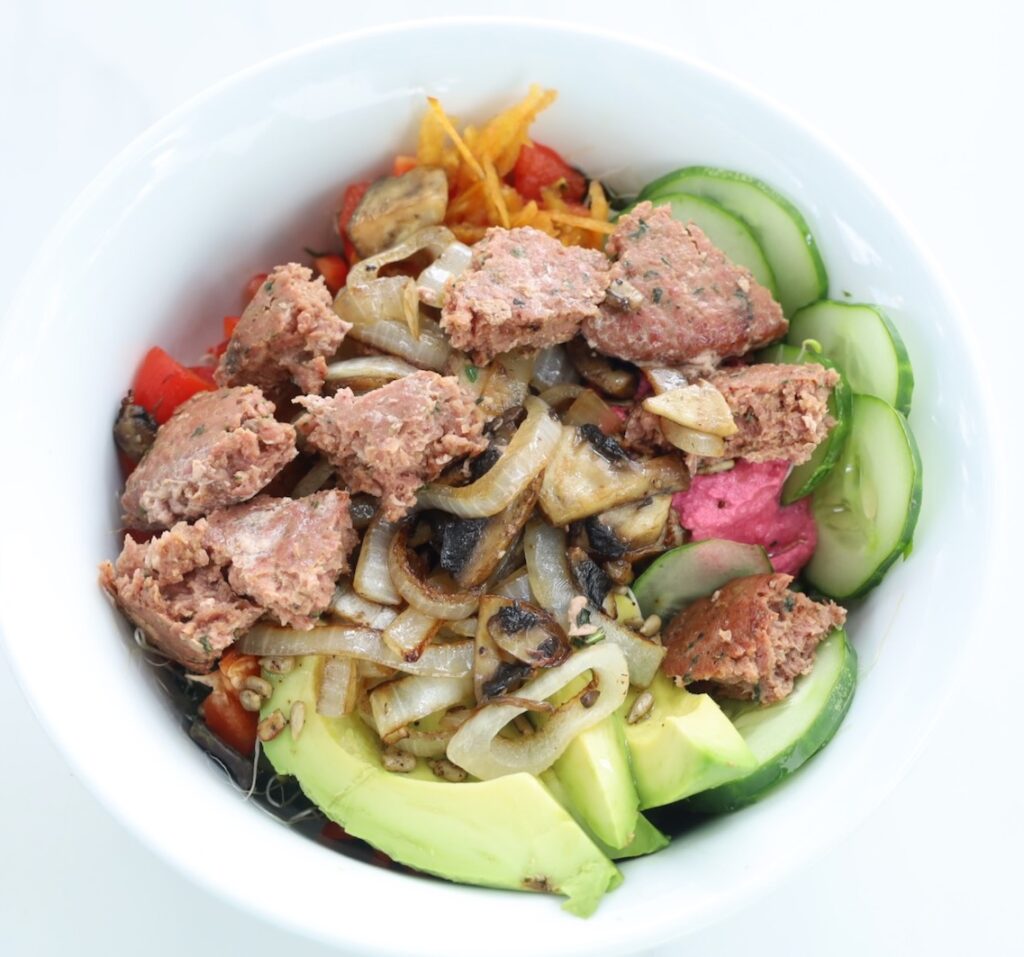
Ingredients:
mixed greens
sprouts
red pepper
cucumber
1 grated yellow carrot
1/2 sliced cucumber
1/2 avocado
1 T sunflower seeds
1 onion, well caramelized in 2 T coconut oil
1/4 lb ground lamp, perhaps mixed with some spring onions or chives before frying after you onions are ready
Of course you can leave off the lamb and eat it vegan style like this:
Beet Hummus Salad
The ingredients are the same as above, just leave off the onions and lamb. You will still have a salad with plenty of protein for the average person.
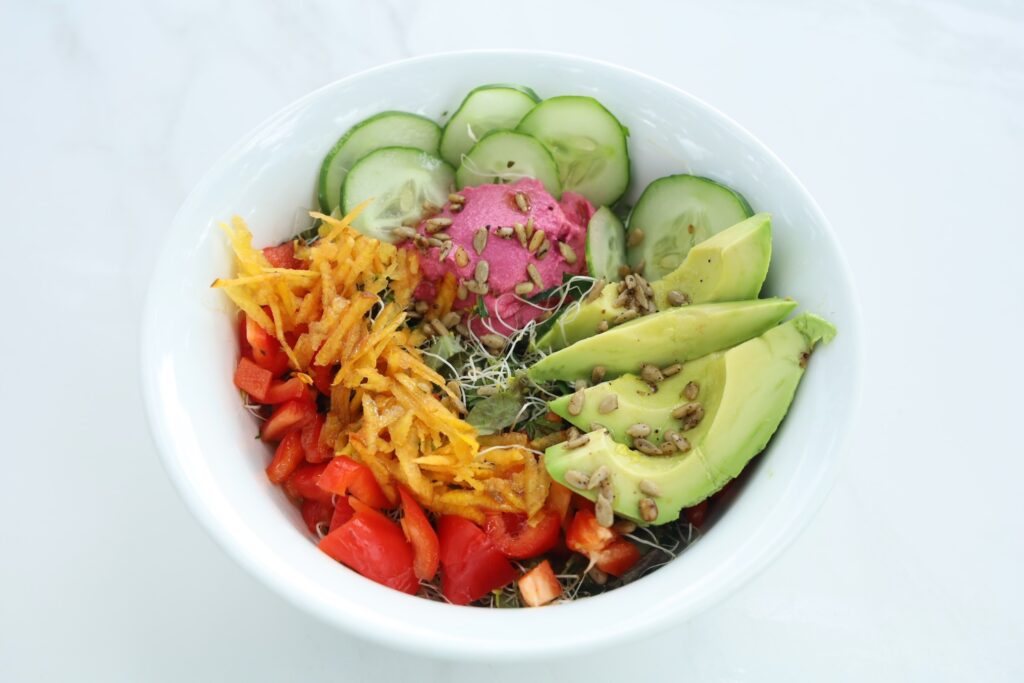
My Go To Salad for Detoxing
I am lucky one of my favorite foods is artichoke hearts. This is because they have a compound called silymarin that helps the liver detoxify. We all have our unique health challenges and my sensitivity to environmental chemicals is mine….sometimes, when I am struggling, I take milk thistle supplements or harvest my own when given the opportunity in the hills of Colorado. But in general, I just put artichokes on my salads. The high flavor makes it easy to have a quick 3 ingredient salad, a green, artichokes, and one other things is thrown in quickly. I get my veggies in without having to cook and it tastes good.
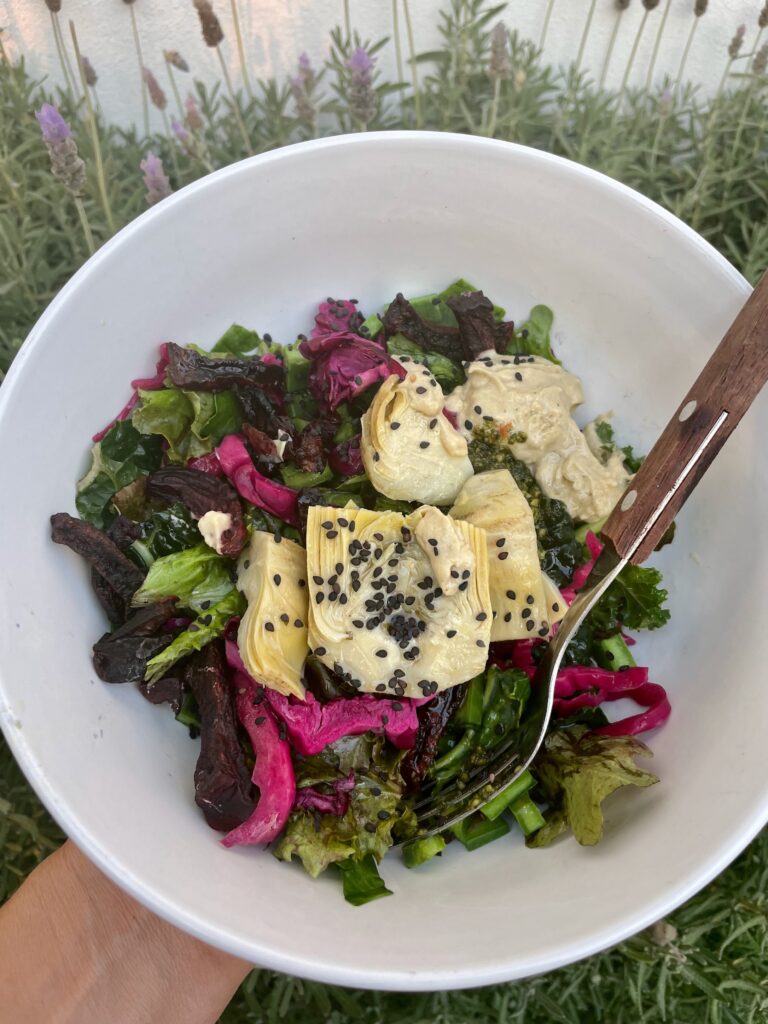
Ingredients:
Any green of your choosing
Aritchoke hearts
5-6 sliced tender green beans
Sauerkraut or fresh red cabbage
Black Sesame Seeds
Optional: Eggs, shrimp, or other protein for B12
Unlocking Epigenetic Potential: The Role of Animal Products in Pregnancy
Understanding pregnancy nutrition reveals a vital aspect often overlooked—the profound impact on epigenetic expression, influencing not just the immediate offspring but echoing through future generations and shaping the overall population through successive breeding.
While plant-based protein sources have their merits, the imperative role of animal products during pregnancy arises from their unique contribution to vital nutrients, notably vitamin B12. In historical contexts, human populations naturally acquired B12 from bacteria-rich soils, fostering a robust metabolism. However, modern agricultural practices have disrupted this symbiotic relationship, emphasizing the necessity of incorporating animal products into the maternal diet to ensure optimal B12 intake.
B12’s significance extends beyond immediate physiological needs, reaching into the realm of epigenetics. The interplay between maternal nutrition and the epigenetic programming of the baby lays the groundwork for hereditary traits that transcend generations. Adequate B12 intake positively influences epigenetic expression, becoming a crucial determinant for the well-being of the immediate offspring and shaping the genetic legacy transmitted to subsequent generations.
Strategic inclusion of organic, free-range eggs, seafood, and cultured foods becomes more than a nutritional choice—it transforms into a deliberate investment in the genetic fitness and well-being of future progeny. The unique role of B12 in immune system function, development of intelligence, nervous system function, and energy metabolism during pregnancy becomes a linchpin in the intricate web of epigenetic regulation.
Embracing a diet that combines plant-based proteins with carefully selected animal products fosters a harmonious balance, addressing both immediate nutritional needs and the enduring impact on the genetic heritage passed down through generations. In emphasizing protein sources, focus on legumes, grains, nuts, and seeds as the foundation. For occasional supplementation, prioritize health-friendly options like unsweetened kefir, plain yogurts, low-mercury fish, and organic meats with bones to enhance B12 intake. As an aide you should not be consuming large amounts of bone broth during pregnancy because long cooking of bones releases the lead that becomes sequestered in the bone. This can increase you lead consumption and damage your pregnancy.
Guidelines for a balanced approach include incorporating daily servings of grass-fed or goat kefir, full-fat sheep’s yogurts, 2-3 eggs, and weekly servings of low-mercury fish, along with occasional treats like raw salmon sushi and monthly indulgences in chicken or grass-fed beef. Striking a balance aligns with health and environmental consciousness, allowing for occasional meat consumption, sourced locally and sustainably.
For those considering a return to veganism post-breastfeeding, transitioning gradually and replacing meat calories with legumes, leafy greens, and fruits offers a sustainable shift. Acknowledging that moderate meat consumption, particularly from local and sustainable sources, carries minimal environmental impact, contrasts with the larger detrimental effects associated with daily meat consumption and global food transportation. If you argue that you can supplement, the author counters that it is always better to consume your nutrients from their food source; supplements always carry some risk and never bioassimilates with the body as well as nutrients from food. Therefore a conscientious approach recognizes the interconnectedness of maternal well-being, the epigenetic landscape, and the enduring genetic legacy woven into the fabric of our population’s health.
